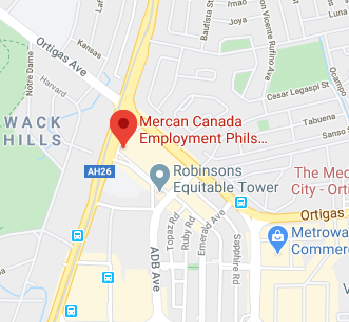Canada to introduce new rules around off-campus work hours for international students
News release
April 29, 2024—Ottawa—International students enrich Canada’s social, cultural and economic fabric. That is why, in recent months, Immigration, Refugees and Citizenship Canada has introduced reforms to the International Student Program, to ensure system integrity while protecting students from fraud and financial vulnerability.
The Honourable Marc Miller, Minister of Immigration, Refugees and Citizenship, announced today that the temporary policy allowing students to work more than 20 hours per week off campus will come to an end on April 30, 2024, and it will not be extended. This fall, we intend to change the number of hours students may work off campus per week to 24 hours.
Students who come to Canada must be here to study. As such, allowing students to work up to 24 hours per week will ensure they focus primarily on their studies, while having the option to work, if necessary.
As we head into the summer session, students who have a scheduled academic break can continue working unlimited hours.
In developing this change, we looked at the needs of students, policies in other countries, as well as research that has shown that academic outcomes suffer the more a student works while studying. It also strikes the appropriate balance so students have the option to work without compromising academic outcomes. More details will be shared in due course.
We also continue to develop the new Recognized Institutions Framework to reward postsecondary institutions that set high standards for selecting, supporting and retaining international students. We will continue to support and protect international students from financial vulnerability and keep protecting the integrity of the International Student Program.
Quotes
“Working off campus helps international students gain work experience and offset some of their expenses. As international students arrive in Canada, we want them to be prepared for life here and have the support they need to succeed. However, first and foremost, people coming to Canada as students must be here to study, not work. We will continue working to protect the integrity of our student program.”
– The Honourable Marc Miller, Minister of Immigration, Refugees and Citizenship
Quick facts
- Recent studies conducted in the US and Canada have shown that there is a considerable decline in academic performance for students working more than 28 hours per week, and that working more than 24 hours per week increases the chances that a student will drop out of their program.
- Most countries that welcome international students set limits on the number of hours they may work while they study. Australia recently changed its policy to allow a student to work 48 hours every 2 weeks. In the US, students must meet additional criteria before being permitted to work off campus at all.
- In December 2023, the Government of Canada raised the cost-of-living threshold that students must meet to be approved for a study permit so they are financially prepared for life in Canada and are not as dependent on working.
- International students who begin a college program delivered through a public-private curriculum licensing arrangement on or after May 15, 2024, will not be eligible for a post-graduation work permit when they graduate. Those who already started this type of program prior to May 15, 2024, will still be able to access a post-graduation work permit, provided they meet all other criteria.
- The new letter of acceptance (LOA) verification process has been a success. Since its launch on December 1, 2023, through April 1, 2024, IRCC has
- received almost 162,000 LOAs for verification
- confirmed nearly 142,000 LOAs as valid directly with designated learning institutions (DLIs)
- identified almost 9,000 LOAs that didn’t match any LOA issued by a DLI or that the DLI had already cancelled before the foreign national applied for a study permit
Associated links
- Statement: Minister Miller issues statement on international student allocations for provinces and territories
- Notice: Update on public-private college partnership programs for international students
- Notice: Additional information about International Student Program reforms
- News release: Canada to stabilize growth and decrease number of new study permits issued
- News release: Revised requirements to better protect international students
- News release: Changes to International Student Program aim to protect students
- Website: Work off campus as an international student
Contacts
Aissa Diop
Director of Communications
Minister’s Office
Immigration, Refugees and Citizenship Canada
Aissa.Diop@cic.gc.ca
Media Relations
Communications Sector
Immigration, Refugees and Citizenship Canada
613-952-1650
media@cic.gc.ca


